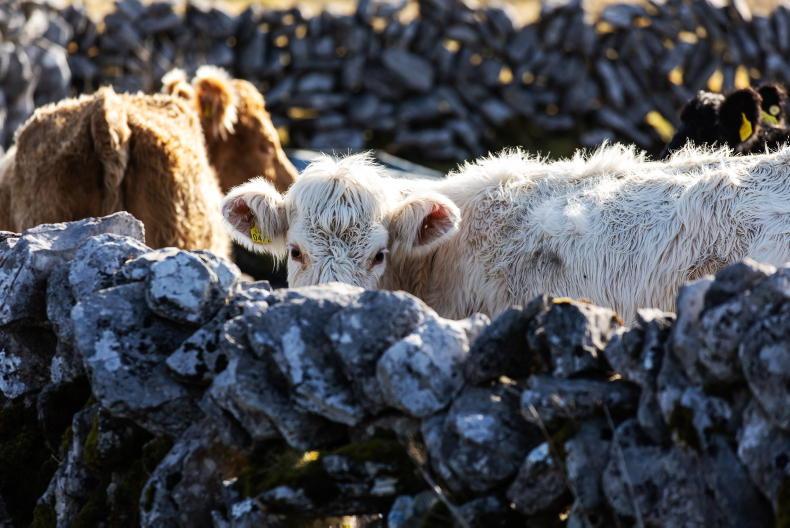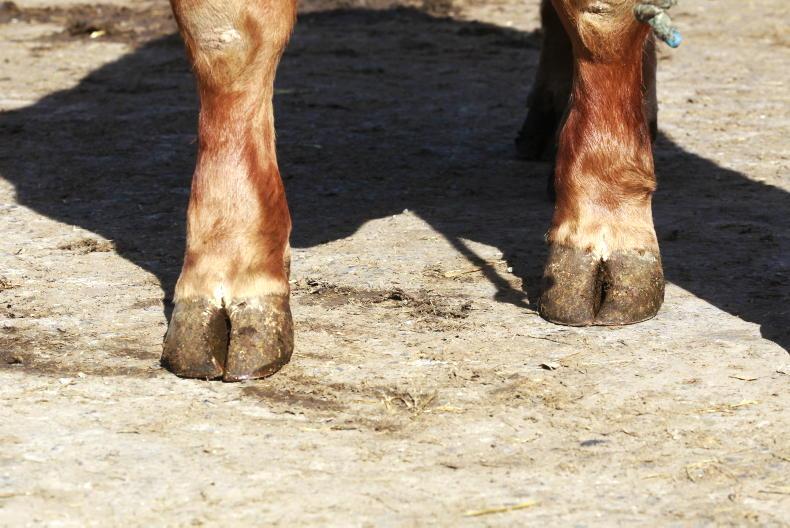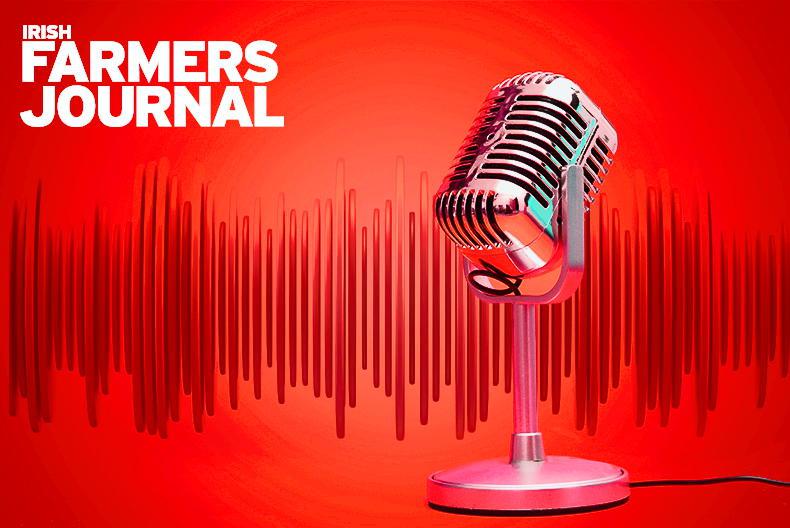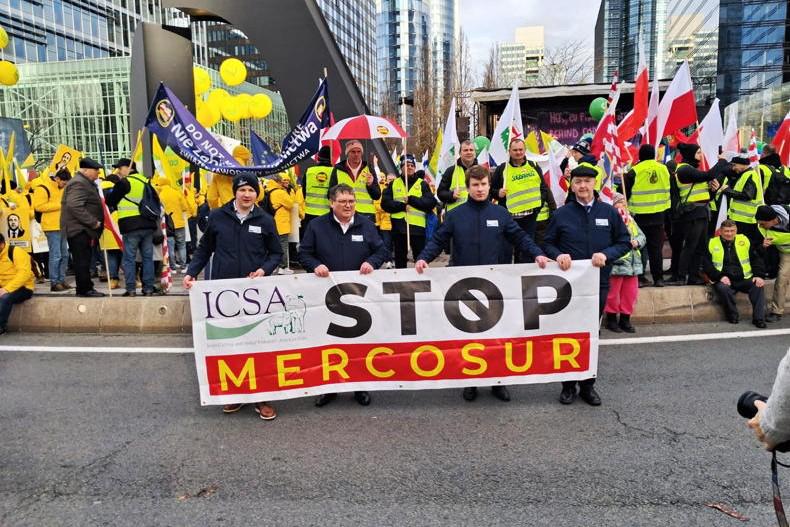From his early days working on a tillage farm, as part of a farm apprenticeship, to advancing rural issues and concerns on a national stage in his role as Clare IFA chair, Willie Hanrahan has had a diverse career.
“Things are always changing and we have to go with the change and embrace it,” he says.
“The days of making a living off a few suckler cows is nearly gone. Now you need a certain amount of scale and expansion to survive,” he explains.
A clear example of this is on his own farm, which he inherited from his father.
“It’s heavy ground. We would have started with 70 acres and about 25 dairy cows, as well as a few pigs. We’ve expanded over the years and now we have 150 Jersey-cross-Friesian cows.
“Of course, farming is challenging here in Clare. We get a lot of rainfall, but we can still grow just as much grass as the rest of the country,” he says.
So how do farmers in Clare cope with the challenging weather conditions?
“You need to secure enough winter forage,” says Willie, “because you might have to house the cows in July and, in that case, having a surplus is important.”
Surviving
The survival of farming in west Clare is something Willie believes to be crucial.
“If we don’t have farmers in rural Ireland, we won’t have anyone, so it’s essential we keep farming in all parts of the country. They support local communities and prevent them from dying out,” he explains.
To that end, it is important that places like west Clare are supported in his opinion.
“Things like The Wild Atlantic Way, which runs quite close to my farm, has, in the last year and a half, brought an extra volume of traffic through the area which has been incredible.”
Tourism
Willie believes tourism, in places like Doonbeg and other areas of west Clare, provides a massive boost to the local economy and plays a major role in making many communities viable.
“We need to promote it and keep people coming to this area because we really do have some beautiful beaches and national treasures,” he says.
“When local community groups promote their areas, they not only bring visitors but it means young people will see it as an attractive place to live and they’ll raise their families there. Whether it be full-time farming or part-time, it’s important that there are options available.”
Doonbeg golf course
Of course, it is hard to mention a village like Doonbeg without mentioning Trump International Golf Links and Hotel.
Willie is aware of the negative press surrounding Donald Trump, but is keen to stress the importance of something like the golf course in the local community.
When Trump first bought the golf course in 2014, Willie was the chair of Doonbeg Community Development Ltd, which was instrumental in developing the golf links in the 1990s. Now he is treasurer of the organisation.
“I’ve five children who have all worked there part-time at one point or another. It was a great learning curve for them, because it’s high-end and you have to step up to the mark to work there. When it went into receivership in 2014, we were very worried because it supports so many jobs.
“Donald Trump bought it and spent a lot of money on it to do it up and make it what it is today, a top-class golf course and hotel. Of course, from the time he declared for the presidency we’ve been inundated with media coverage and cameras, but we’re just a small community trying to look after our own.”
Community
It is this sense of community that Willie believes makes places like west Clare so unique.
“People sometimes have a negative attitude, but I’d like to think we can change that and encourage people to see what a great part of the country this is.
“We have challenges and it’s not always easy, but we need to advertise what’s great about Clare.
“Things like the BurrenLIFE programme or other locally-led schemes promoting the unique and sustainable food products we produce here need to be highlighted, not negative aspects,” he says.










SHARING OPTIONS